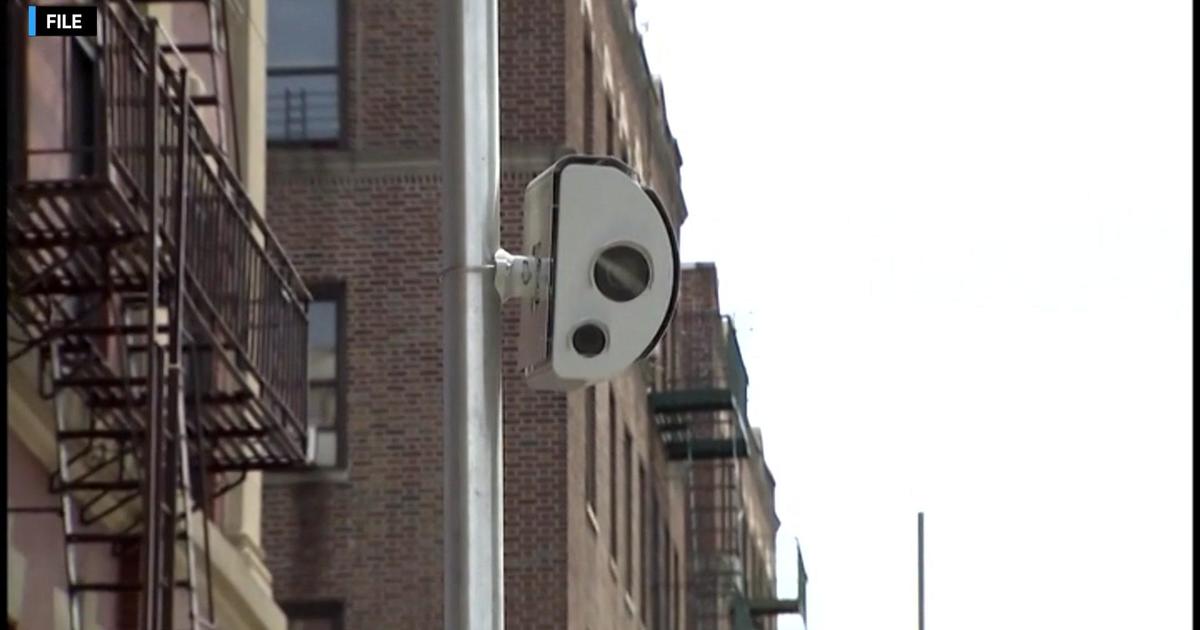Study Suggests Drinking White Wine Might Increase Risk Of Melanoma
NEW YORK (CBSNewYork) -- A new study suggests white wine may be a melanoma risk factor.
We know that moderate alcohol consumption is good for your heart, but it also increases your risk for liver, colon and breast cancer.
Now, we may need to add melanoma to that list, CBS2's Dr. Max Gomez reported. But there are some curious quirks in the study that puzzled doctors.
Harvey Brody said he's a lucky man. The 74-year-old West Side resident got a heart transplant at Mount Sinai Hospital two years ago, despite other doctors telling him that he wasn't an eligible candidate.
However, years of sun exposure in Arizona and the anti-rejection drugs he takes have led to him developing lots of melanoma skin cancers.
"I've had quite a few, I don't know the exact number," he said.
Brody may also have another melanoma risk factor -- one that no one suspected.
"I do drink wine, yes I do. Not a lot, but I do drink wine," he said.
A new study in the journal Cancer Epidemiology, Biomarkers & Prevention analyzed health records of more than 200,000 white people and found that just one drink of alcohol a day raised the risk of melanoma by 13 percent, but only if the alcohol was white wine.
"I would have expected both red and white wines to have very similar findings," said Dr. Hooman Khorasani, of Mount Sinai Health System.
The study's authors said wine contains some carcinogenic compounds called acetaldehydes that might be counterbalanced by anti-oxidants in red wine.
Also curious was that the melanomas found in white wine drinkers tended to be in non-sun-exposed body areas.
All that, and the fact that the increased risk was also small for this type of study, led most skin cancer experts to come to a similar conclusion.
"I would not necessarily stop drinking completely," Khorasani said. "I don't think the data are strong enough to support that," Khorasani said.
Even though Brody ended up getting a biopsy for another suspected melanoma on Thursday, he said he wouldn't change his habits.
"Glass of red wine every so often," he said.
It's also important to note that this kind of study is just a statistical association, meaning it does not prove cause and effect. It's possible the correlation with white wine is a fluke, especially a in study that relies on people self-reporting their drinking habits, Gomez reported.



